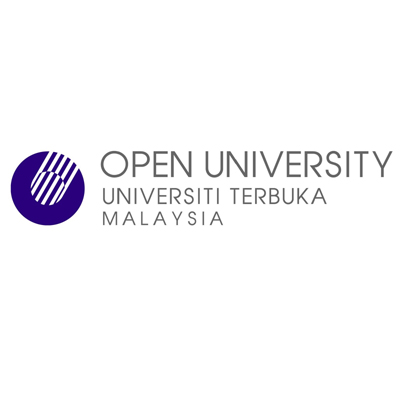Doctor of Philosophy (Engineering)
- Field Of Study:
- Engineering
- Level Of Study:
- PhD. Studies
- Course Subject:
- Course Intake:
- January, May, September
The main objective of the PhD in Engineering is to attract outstanding individuals to pursue research of the highest standard, with relevance to the field of engineering and technology. Students are presented with knowledge and skills in solving problems and making decisions about research that will advance their development in the profession. Opportunity is provided for students to focus on an area of study according to his or her interest, previous background and experience.
Entry Requirements
Normal Entry
- Master’s degree in Engineering / related field; OR
- Bachelor’s degree with first class in Engineering / related field from OUM or other institutions recognized by Senate; AND
- Registered for a Master’s degree in Engineering / related field; AND
- Passed related qualifying examination.
Programme Structure
This programme is comprised of three parts:
- Part I – Compulsory Core Courses
- Part II – Research
- Part III – Thesis Examination
Part I
Compulsory Core Courses
- Doctoral Seminar
- In this course, learners will identify the basic area of study for research. Learners will present the literature review, methodology, and theories relevant for the proposed research area. After each presentation, learners will make the necessary amendments and improvements before continuing with the research.
Elective Courses
- Applied Statistics
- In this course, learners will be exposed to the statistical concepts for data analysis including sampling and hypothesis testing. Simple and multiple regression and logistic regression will also be discussed. Analysis of variance and experimental design are also discussed in this course.
- Research Methodology
- This course focuses on the research elements, components, and processes in scientific research, its purpose and importance. Various types of research, characteristics of scientific research, logical methods of reasoning and hypothetical-deductive method are discussed. The course will also focus on formulating research problem, research objectives, theoretical framework, hypothesis formulation, research design, data collection techniques, scale and measurements, reliability and validity, data analysis methods, report writing and presentation.
Part II
In Part II, learners will be conducting the research and thesis preparation through self managed learning and/or independent study under the guidance of a supervisor. Each learner must meet the assigned supervisor at least 4 times in each semester before he/she can progress in the subsequent semester.
A learner can choose any of the following specialisation areas to pursue their research.
- Technology Management – Research and Development
- Technology Development and Project Management
- Technology Management – Technology Transfer and Implementation
- Technology Management – Production and Quality Management
- Control Engineering
- Operation Research
- Production Engineering
- Civil Engineering and Geotechnic
- Electrical and Power Engineering
- Chemical Engineering
- Environmental Management
Learner are expected to give a second seminar called Doctoral Advanced Seminar halfway through the research.
Part III
In Part III, the learner has completed the thesis and ready to submit the thesis for examination. An internal examiner and one external examiner will be appointed to assess the Ph.D. (Engineering) thesis and the learner will be examined in the Viva Voce session.
Source: Open University Malaysia (OUM)
